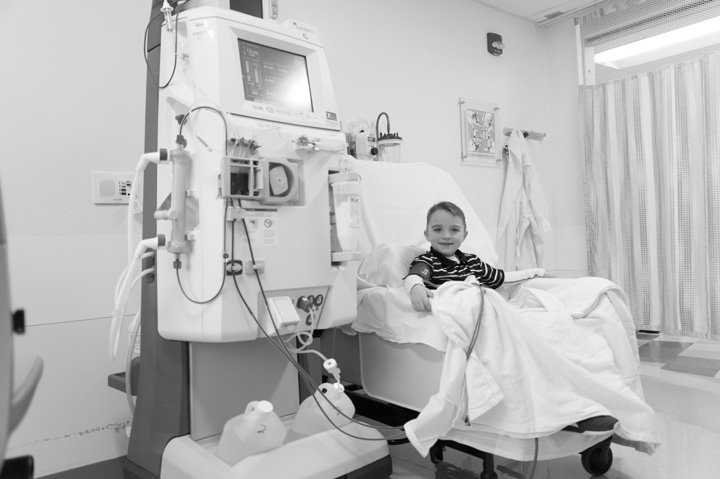
DiYES International School – Rising Pediatric Dialysis Cases have become a significant concern. Recently, social media has been abuzz with alarming reports of children undergoing dialysis in hospitals. The rise in diabetes and kidney failure among children has raised serious concerns.
The Indonesian Pediatric Society (IDAI) confirmed that diabetes cases in children have surged by 70% since 2010. Additionally, a recent survey by IDAI revealed that 1 in 5 children aged 12 to 18 have hematuria or proteinuria. These conditions are early signs of kidney failure.
The increasing cases of diabetes and kidney failure in children are deeply worrying. These conditions are closely linked to rising pediatric dialysis cases. It’s essential to understand the causes behind these growing numbers to prevent further health issues.
“Read about: Early Signs of Dengue Fever in Babies and How to Handle It”
Kidney failure occurs when the kidneys can no longer filter waste from the blood effectively. While kidney failure is dangerous for adults, it is equally critical for children. The causes of kidney failure in children include:
Early detection and treatment are vital in managing kidney failure in children. With proper medical intervention, many children can live better lives despite these challenges.
Both Type 1 and Type 2 diabetes are increasingly common in children. Type 1 diabetes occurs when the body’s ability to produce insulin is impaired. Insulin regulates blood sugar levels. Type 2 diabetes, often related to obesity and an unhealthy lifestyle, also has genetic factors. Early signs of diabetes in children include:
Both types of diabetes can lead to serious complications, including kidney failure, if left untreated. Regular monitoring and medical care are essential to managing these conditions effectively.
“Read more: The Phenomenon of Children Singing Adult Songs”
To prevent the risks of diabetes and kidney failure, parents must take proactive steps. Here are some preventive measures that can help reduce the risk for children:
By following these preventive steps, parents can protect their children from the risk of diabetes and kidney failure. Early detection and intervention are key to improving outcomes for children affected by these conditions.